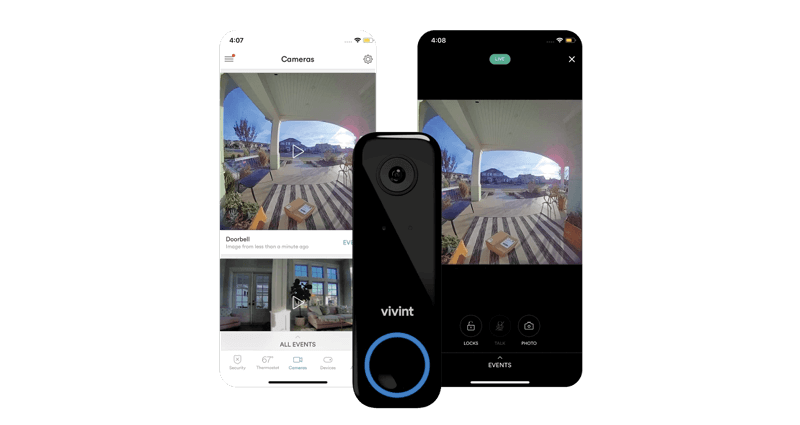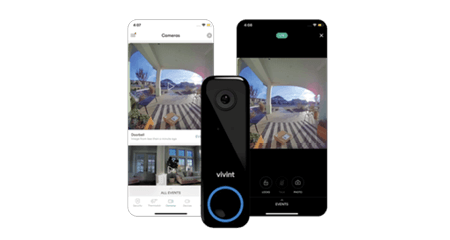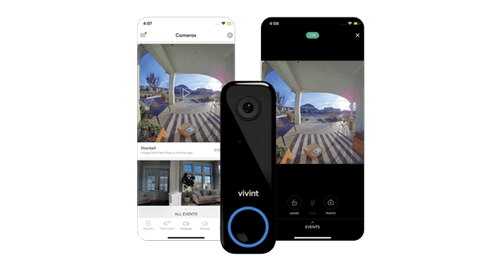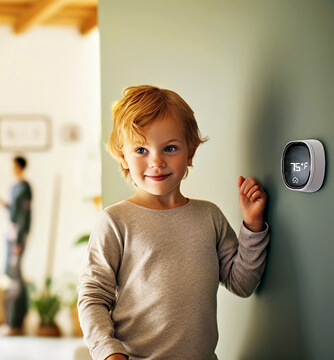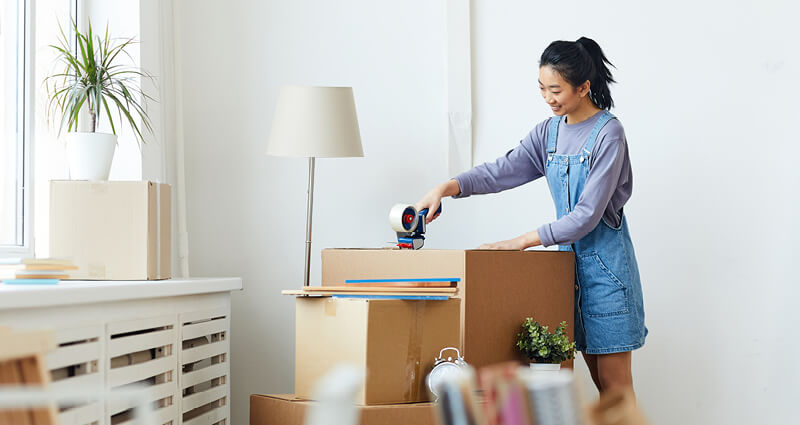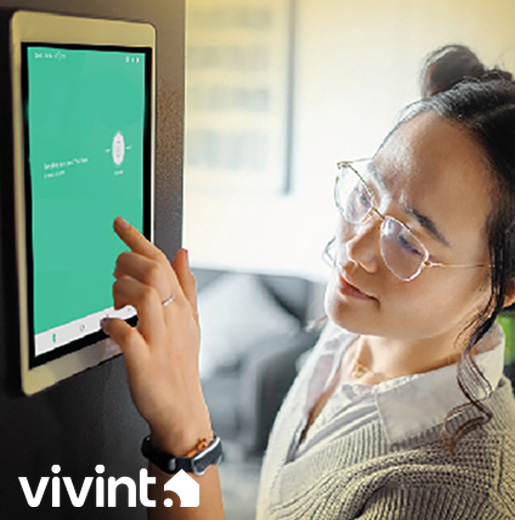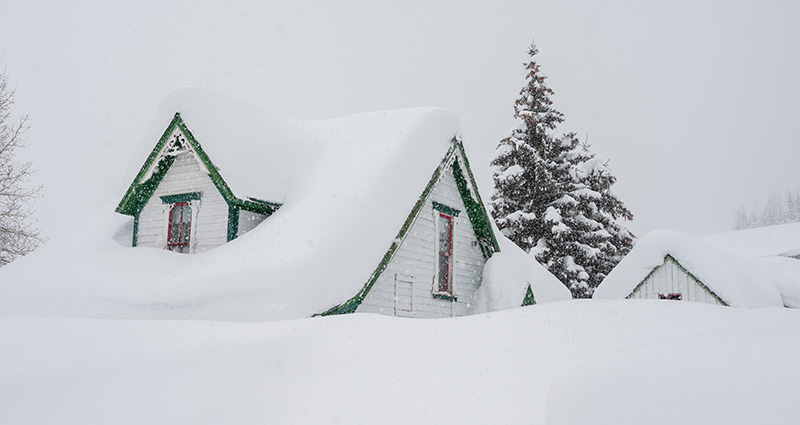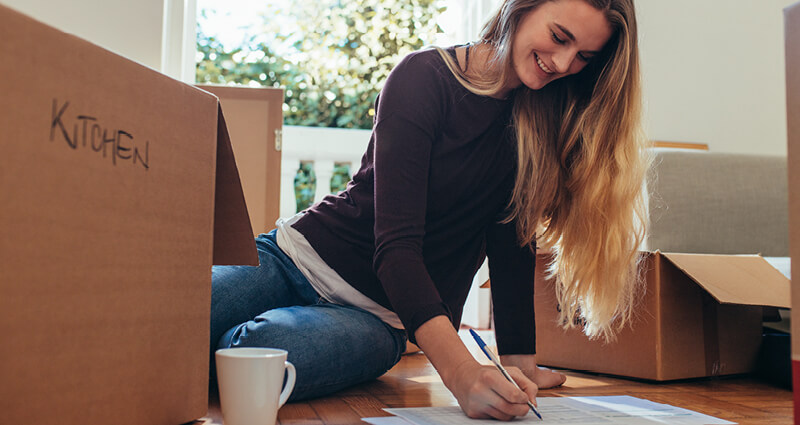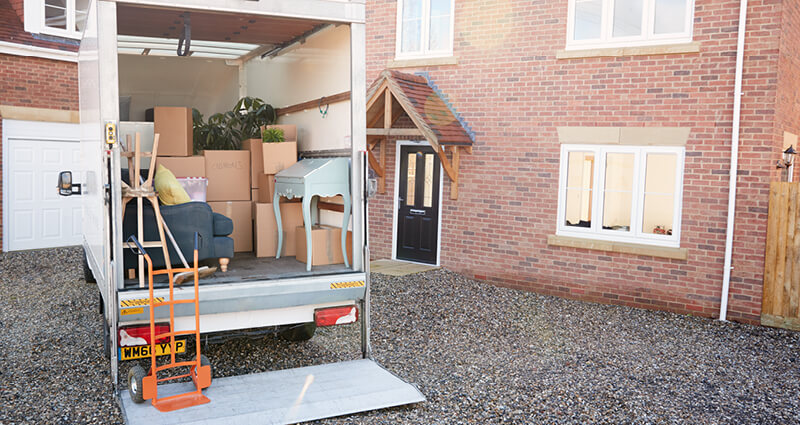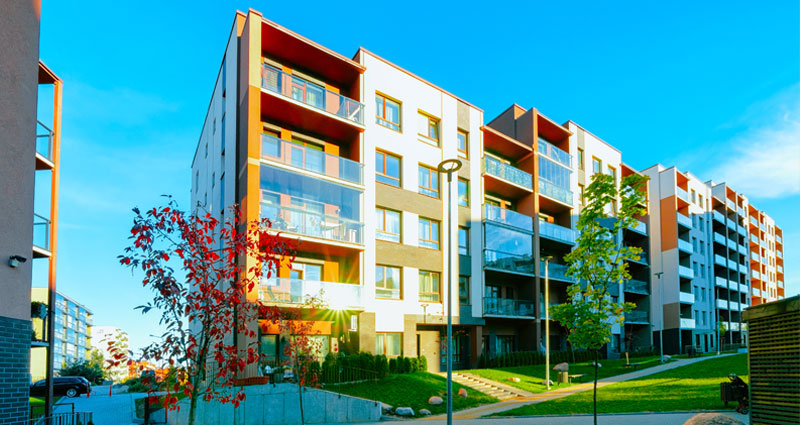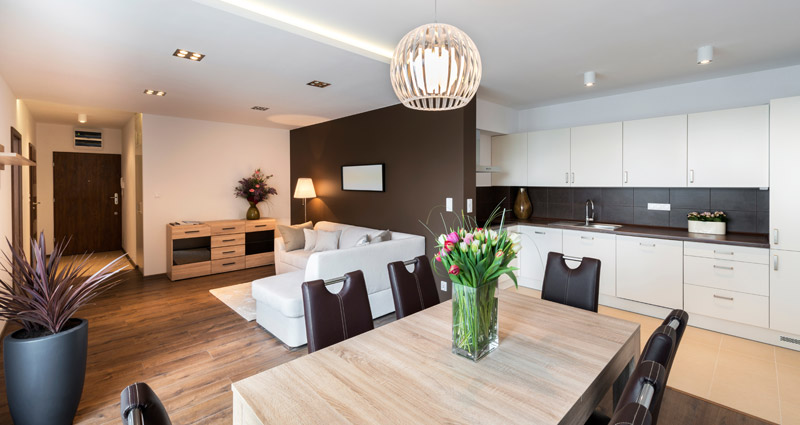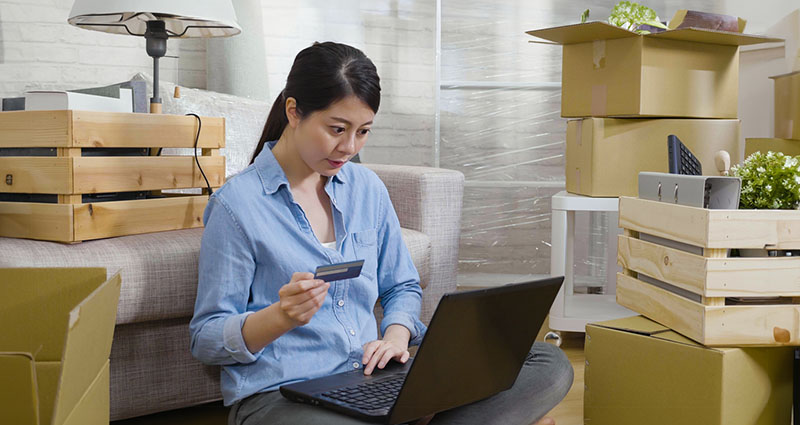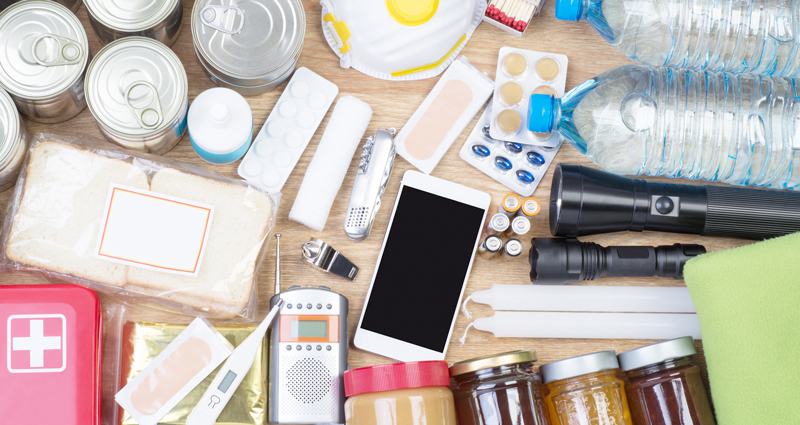1. Read your lease
It’s very important that you read your lease before signing it so you can make sure everything is consistent with what was agreed upon. It's also important that you’re clear on what your obligations are, as well as what the landlord’s obligations are to you.
If you see something on your lease that doesn't look right or that you'd like to change, you do have the right to ask for a modification. The landlord or leasing office is not obligated to make the change, but if the request is reasonable, they're more likely to agree. If you want something done before moving in, make sure you get it added to the lease.
Your lease will also tell you how you can decorate, what you can hang on the walls, what you can have outside, etc. This is the perfect time to ask any decorating questions if you have them.
2. Get a tenants’ rights handbook
Many states and communities have a handbook that outlines your rights as a tenant and what your landlord can and cannot do based on the laws in that jurisdiction. It also tells you what remedies you have in the event of a problem. Search online for a handbook for your area. You can cite this handbook if it covers an item on your lease or a problem with your apartment.
3. Declutter
Before you start packing everything you’ve owned since childhood, keep in mind that you may be moving into a much smaller space with less storage than your current home. Sort through your belongings and only pack what you regularly use, plus a few sentimental items you want in your new home. We recommend keeping these items with you:
- Photos
- Cherished items
- Sensitive documents and information like your birth certificate
- Heirlooms
If you’re not sure you’ll have room for everything you want to keep, your parents, relatives or friends may be generous enough to store some of it for you. Remember, you can always digitize, donate, upcycle, and sell items as well to help reduce clutter.
4. Start packing early
Even if you don’t have a lot of furniture or other belongings, don’t wait until the last minute to start packing. Once everything starts going into boxes, you'll find that you had a lot more stuff than you thought! Create a packing schedule and pack a little every day so that you are fully prepared on moving day.
5. Gather daily essentials before moving day
While your old place was stocked with everything you needed on a daily basis, you may not be able to bring many of those items with you to your new home. Before you move in, get the essentials like toilet paper, hand and bath towels, hand soap, and a plunger. Make some microwavable meals beforehand or grab something that is easy to prepare without having to unpack or buy kitchen supplies.
6. Set up utilities and internet
Before you move in, check with your apartment complex or landlord about what utilities need to be set up and instructions for doing so. The utilities you may need are:
- Electric
- Gas
- Water/Sewer
- Internet
- Cable
If your electricity or natural gas is deregulated and your complex or landlord allows it, you're free to shop around for a provider that suits you. Your landlord or leasing office will have information on how to set up utilities and whether you're able to choose your own provider.
Direct Energy has a variety of electricity and natural gas plans so you can find the perfect plan for your home and lifestyle.
7. Get renters insurance
Some rental agreements require you to have renter’s insurance. Even if it isn’t required, it’s worth considering. Renters insurance is inexpensive and can often be bundled with your car insurance. Renters insurance provides protection against risks like fire and theft. If your clothes or furniture are damaged in a fire or your apartment is robbed and your tv and computer are stolen, renters insurance will help cover the cost of replacing your belongings. Coverage varies, so do your research and read the fine print; some leases even have a minimum required coverage.
8. Coordinate with your landlord and roommates
Before moving day, make sure you have paid all required dues and turned in all required forms. Check rules and parking directions for moving trucks.
Try to coordinate with your roommates and move in the same day. That way, everyone has some extra help, and what goes into shared spaces can be agreed upon by everyone. If you can’t move on the same day, chat beforehand about what will be stored in shared spaces.
9. Set ground rules
Make sure to set ground rules with your roommates at the very beginning. Sit down over a meal or coffee and talk about everyone’s preferences and pet peeves. Set quiet hours that accommodate everyone and check your lease for any mandated quiet hours. Set rules for all shared spaces like the refrigerator, bathroom and kitchen cabinets, showers and countertops.
You may quickly find out that someone has very different habits than your own, so it’s best to work out the details right away to create the best chance of living in harmony.
10. Don’t buy everything right away
If you don’t have much in the way of furniture or decorations, don’t feel obligated to fill up your new place immediately. Give yourself time to think about what you want your apartment to look like and save up for a few quality pieces. It’s a lot easier to tell what will fit size and style-wise after you’ve spent some time in the room. There's no shame in lounging in some folding chairs for a couple of weeks.
11. Don’t spend too much on your first furniture
When you move into your first apartment, it’s tempting to get fancy new furniture set for every room. New furniture is an expensive investment that is usually the best to put off. Furniture will get scratched and stained by roommates and friends, and nicked from moves into other apartments. Also, your style is likely to change over time. It’s better to save your money and make these purchases down the road when you can afford quality accident protection.
Embrace the eclectic look with your first apartment. Check for hand-me-downs from friends and relatives, visit donation centers like Goodwill, or find second-hand items from Facebook Marketplace or yard sales. Take this opportunity to flex your creative side and spruce up old pieces with some paint or stain.
12. Buy lightweight, versatile furniture
If you're buying new furniture, try to buy something neutral enough to adapt to the changing style. Bold-colored couches might seem fun, but it may not be the best choice right now.
Think about the couch’s weight, too. Lighter-weight options like Ikea furniture that can be taken apart or moved as-is will make it easier to move into future apartments.
13. Inspect your new place
Once you move in, you’ll get a “move-in condition” sheet from the leasing office or property manager. Usually, you'll need to document all issues and return the completed form within your first few days of living there. Take some time to inspect your apartment before moving your stuff inside. Take pictures of each room and be thorough on the condition sheet. Some scratches and discolorations are probably just wear and tear, but it’s better to write everything down than to have repair money taken from your depoist when you move out. Landlords and leasing offices will often use notes on these sheets to make maintenance requests, so highlight anything you want fixed as well.
14. Clean your new apartment
Just because it’s empty doesn’t mean it’s clean. After you finish your condition sheet, clean your apartment while it’s still empty for a fresh start. Vacuum thoroughly and wipe down all surfaces, including the fridge.
15. Give an extra key to a friend
If you are moving into an apartment by yourself, give an extra key to a trusted friend or family member who lives close by in case of an emergency. If you don’t have a spare key, ask the leasing office or landlord if you can make a copy.
16. Have a housewarming party
Make your new place feel more like home with a housewarming party. Invite some new friends and neighbors to celebrate your newfound freedom!

